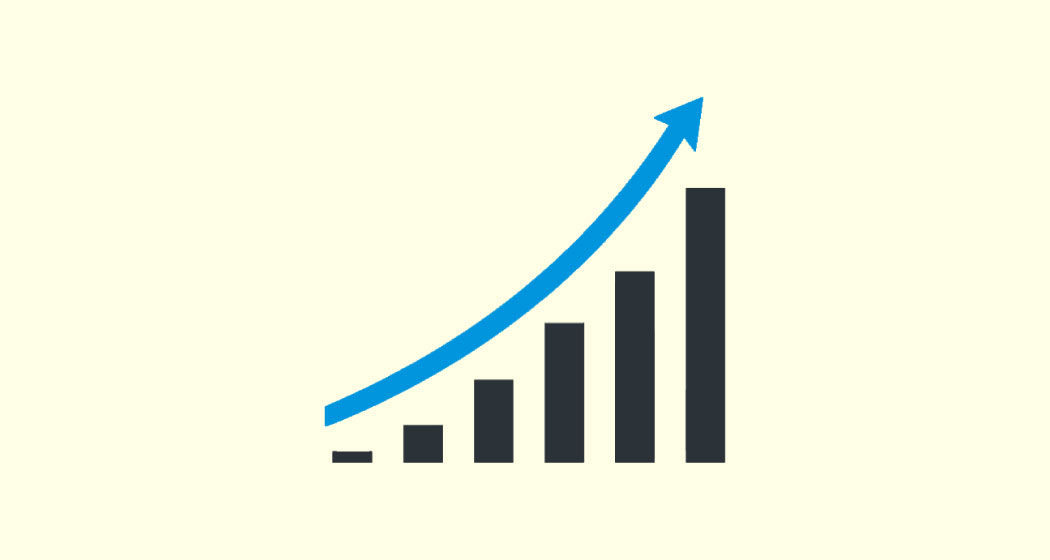Google PageRank and SEO Optimization: A Beginner’s Guide. Google’s algorithm relies on PageRank to rank web sites.
This guide covers PageRank basics, how it affects search engine rankings, and ways to optimize your website for PageRank.
Recognizing the value of high-quality and relevant content helps raise Google PageRank, backlinks, and user engagement.
Strategic keyword placement in website content boosts Google PageRank and search outcomes. You can do keyword research for writing SEO-optimized content.
Guest posting and link building on respected websites can boost Google PageRank, domain authority, and online visibility.
How Does Google PageRank Work?
Google PageRank is a major algorithm used to rank web sites in search results. This approach assigns numerical weights to items in hyperlinked documents to determine their relevance.

Larry Page, co-founder of Google, and Sergey Brin created PageRank in 1996 at Stanford University. This fundamental algorithm continues to shape the internet world and SEO methods.
By assessing the number and quality of links to a page, Google PageRank assigns a numerical value indicating its digital importance. This algorithm counts backlinks and considers linking page authority.
Higher PageRank pages are more likely to rank highly in search engine results, underscoring the strategic value of link-building and quality content in SEO optimization.
How PageRank impacts search results?
Website owners can improve search engine rankings by understanding page rank. Higher-ranking pages are more likely to rank higher in search results, demonstrating their importance.
Backlinks from high-ranked websites can also boost a page’s PageRank and search rating, highlighting the necessity of quality link-building.
PageRank also evaluates the quality and relevance of inbound links when assessing a page’s prominence, emphasizing the necessity of high-quality, relevant backlinks.
Relevance and quality of content
Relevance and quality of content boost Google PageRank. Engaging, useful, and well-researched content increases organic traffic and website relevance.
Search engines value authoritative and trustworthy pages when determining page rank. Content should match the target audience’s search intent to improve relevance and page rank.
Maintaining quality and a good page rank requires avoiding thin, duplicated, or irrelevant content. Thus, SEO optimization and PageRank enhancement depend on creating high-quality, original, and valuable content.
Backlinks and their significance
High-quality backlinks from reputable websites have a significant influence on page rank. Backlinks are “votes of confidence,” telling search engines that the linked website is significant and relevant.
Backlink anchor text supplies search engines with context, affecting the connected page’s search rating.
To emphasize the importance of various and organic link-building tactics, natural backlinks from diverse sources establish reliability and authority and boost PageRank.
Strategies for Improving PageRank
Diversifying tactics can boost PageRank. High-quality, valuable material targeted to the target audience’s demands and interests must be published regularly.
Additionally, adjusting title tags and meta descriptions for search engine friendliness is crucial.
Mobile optimization and social media promotion and interaction can boost PageRank by increasing visibility and traffic. These multiple ways can boost PageRank and SEO.
Creating valuable and shareable content
Google PageRank and SEO depend on valuable and shared content. Websites can increase organic traffic and relevancy by providing useful information and industry solutions.
Encourage social sharing via social media buttons and audience-relevant content to boost visibility and engagement.
Multimedia components like films and infographics boost content value and shareability.
Content must be updated and refreshed regularly to stay relevant and appealing to users and search engines, improving PageRank.
Building a strong backlink profile
A robust backlink profile needs aggressive efforts to secure high-quality links. Guest blog on trustworthy industry websites, use community forums and Q&A platforms to share useful content with backlinks, and use HARO to engage with journalists for backlinks.
Monitoring your backlink profile with Google Search Console or third-party SEO software to find and remove harmful or low-quality links is crucial to its strength and authority.
On-page optimization techniques
Web pages’ search engine visibility and relevancy depend on on-page SEO. Websites may increase targeted traffic with keyword research and quality content.
Clear site structure and navigation help search engine crawlers index the site, enhancing its rating. Multimedia components like detailed graphics and movies enhance user experience and allow keyword optimization.
Regularly updating and reusing information signals freshness to search engines, which may boost PageRank. These on-page optimization strategies boost a website’s search engine ranks.
Measuring and Monitoring PageRank
Using online tools to measure and track PageRank provides vital insights into a website’s ranking performance.
Tracking the website’s visibility and authority requires regular SERP checks. Understanding PageRank fluctuations involves long-term ranking data monitoring and analysis to make informed decisions and modifications.
The quality and amount of backlinks to a website affect its PageRank, therefore measuring them is important.
These monitoring and assessment methods help website owners understand their PageRank and boost SEO.
Conclusion
Finally, website owners who want to increase SEO must grasp Google PageRank. Understanding PageRank’s history, influence, and factors can help website owners improve visibility and authority.
To make educated decisions, PageRank myths must be dispelled. Using PageRank tools to measure and explain fluctuations can reveal website performance and industry dynamics.
Website owners can improve their PageRank and search engine ranks by prioritizing SEO optimization, including on-page and off-page strategies, high-quality content, and backlink development.
A planned and holistic SEO approach can help people manage Google PageRank and position their websites for digital success.
